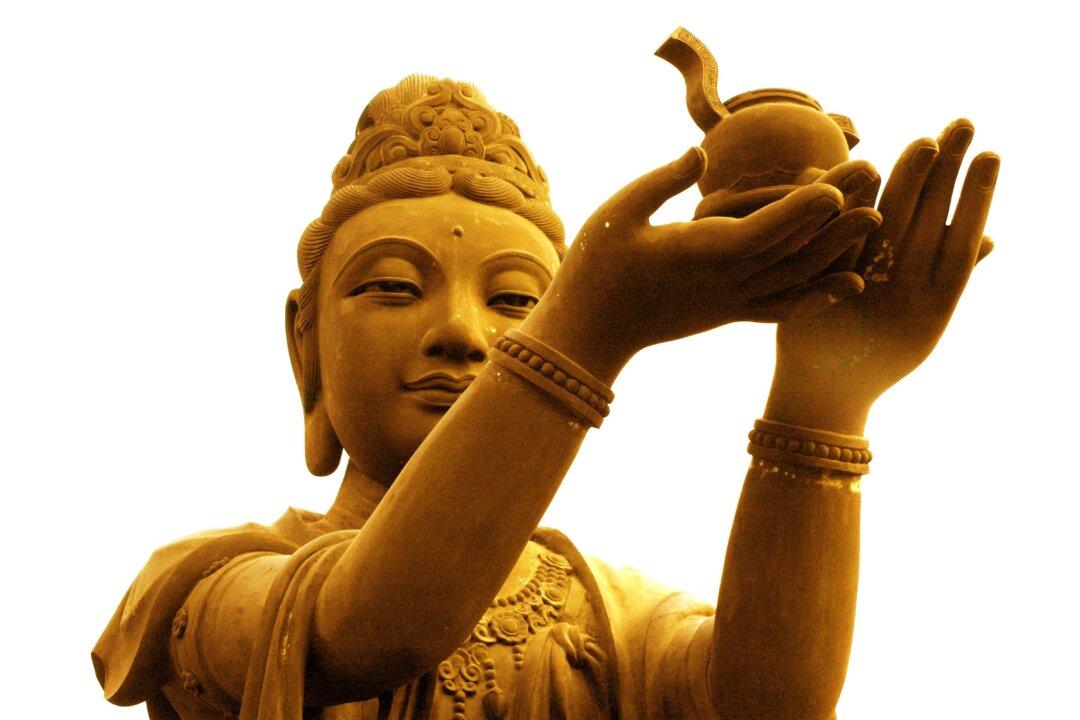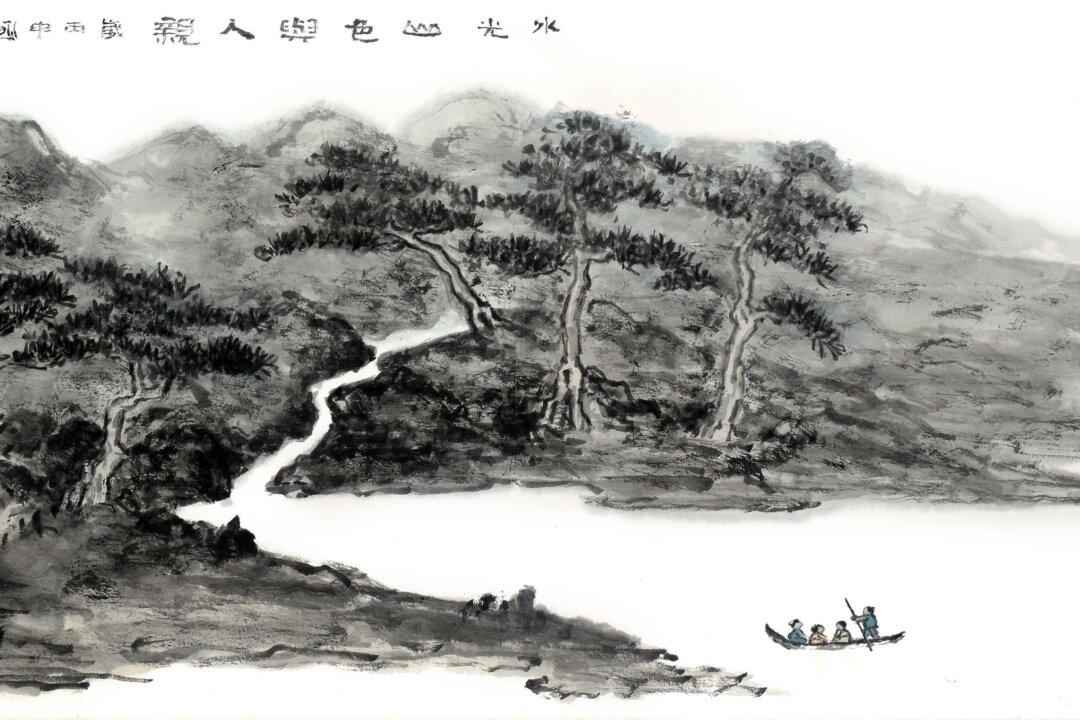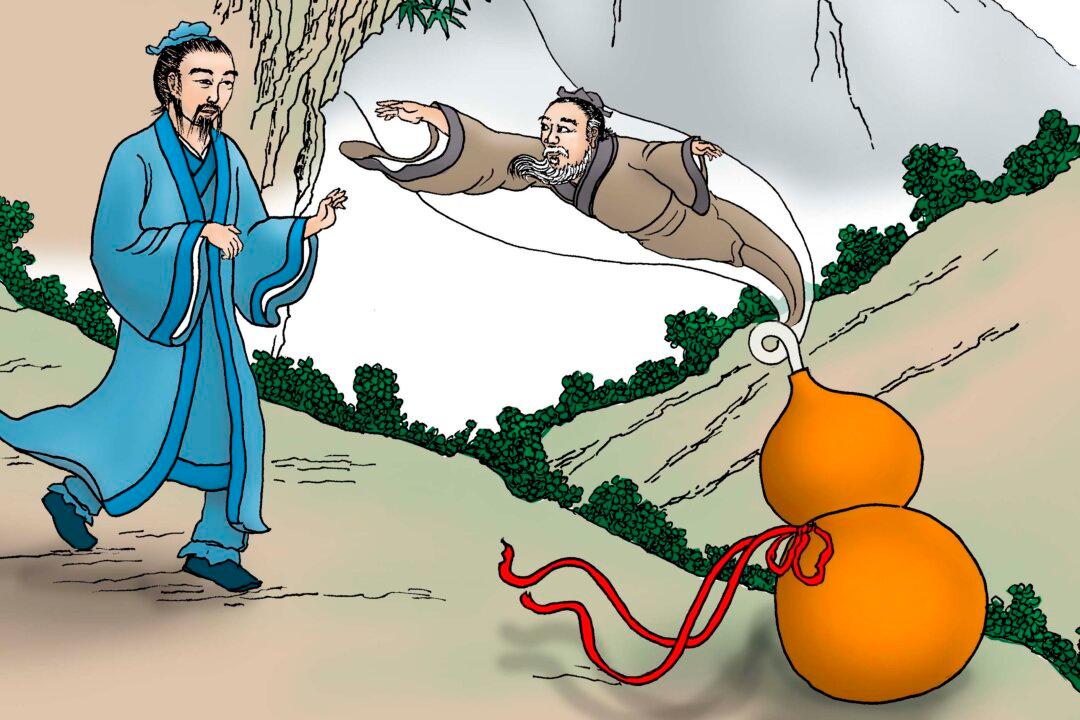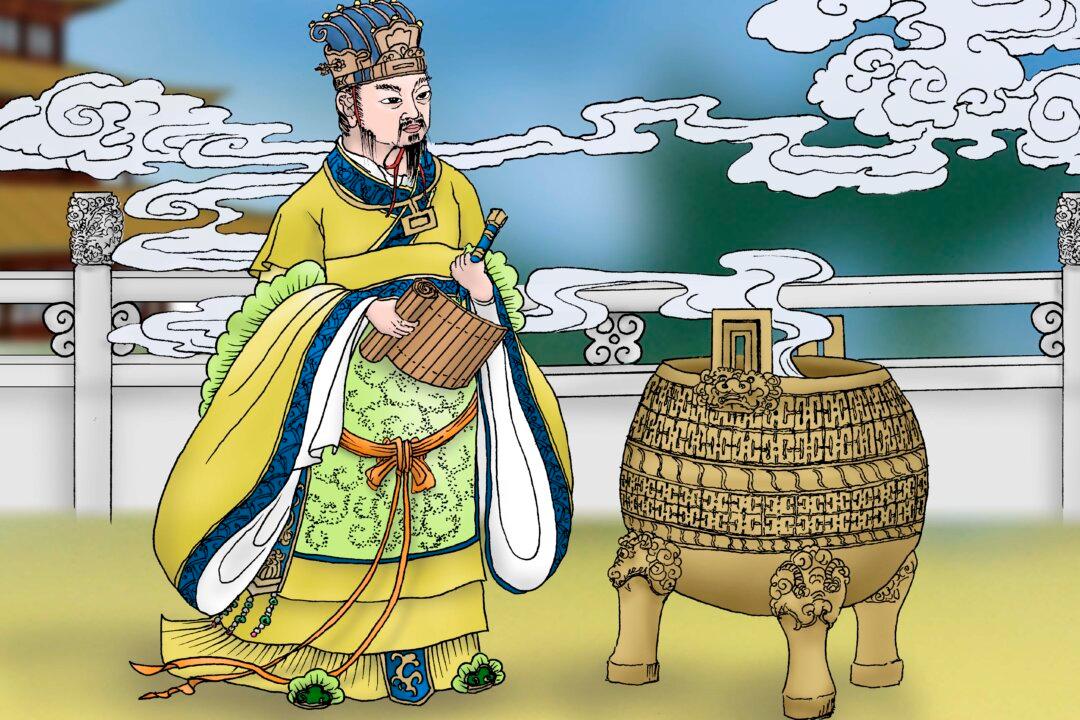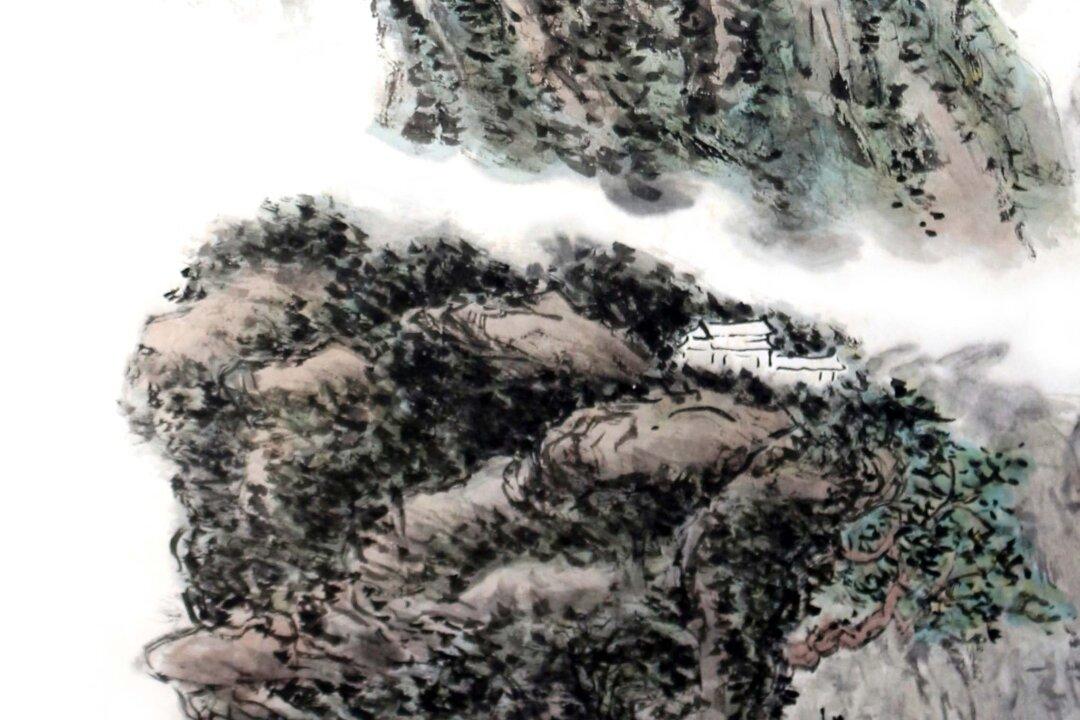Wan Hui was born in a Zhang family in Wenxiang (now Lingbao County, west of Henan Province) during the Tang Dynasty. His mother prayed to the Goddess of Mercy for a son and eventually gave birth to Wan Hui. But Wan Hui was mentally slow. He only started to talk at the age of 8 or 9. His parents did not like him and raised him like a beast.
When he grew up, his father told him to plough the field, and he did. He was supposed to plough only their own field, but he went on and on, saying, “This is easy!” He did not stop until he came to a big hole. His father hit him, but he replied, “Everybody has to plough their fields anyway. Why bother about the directions?” His father stopped hitting him but never told him to plough the field again.

